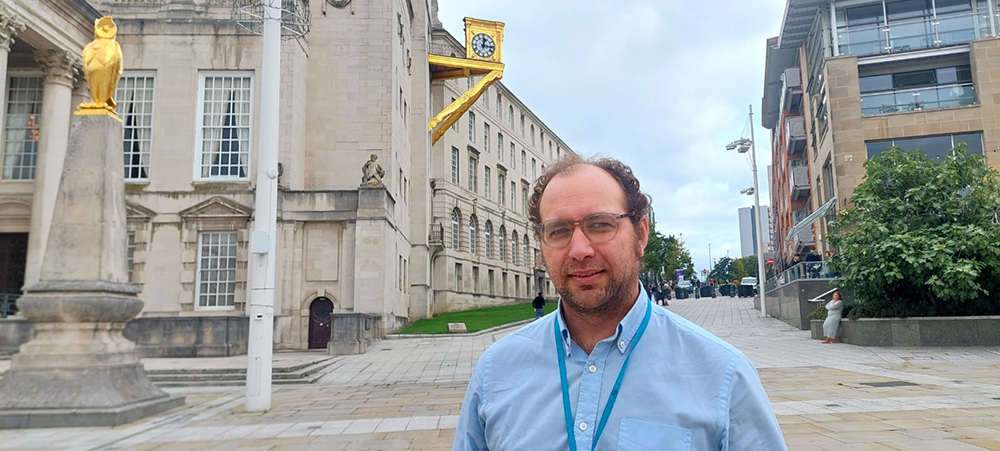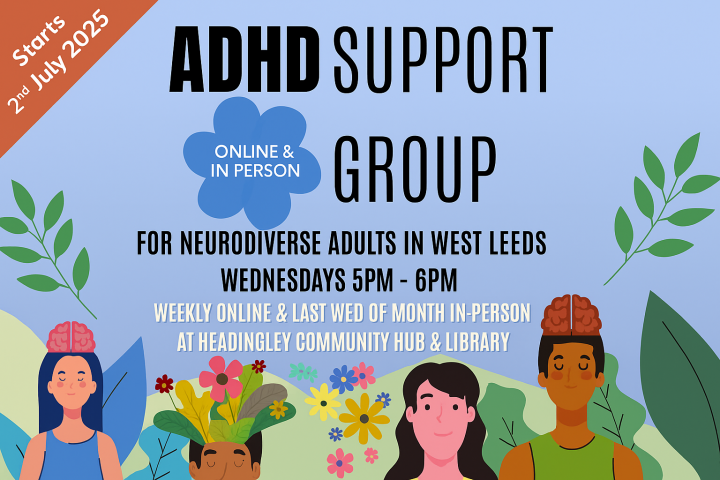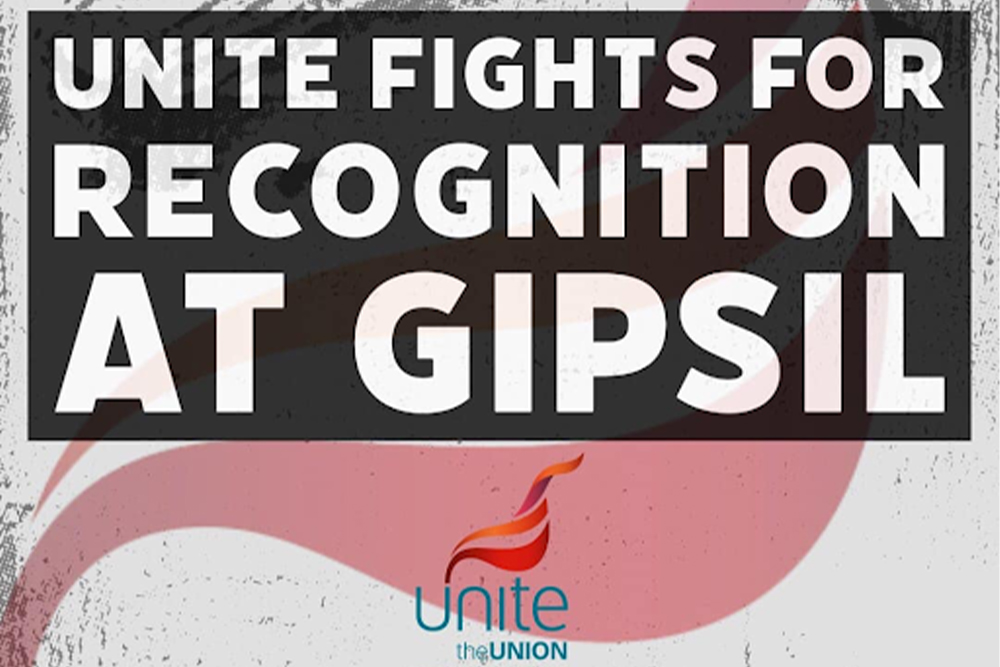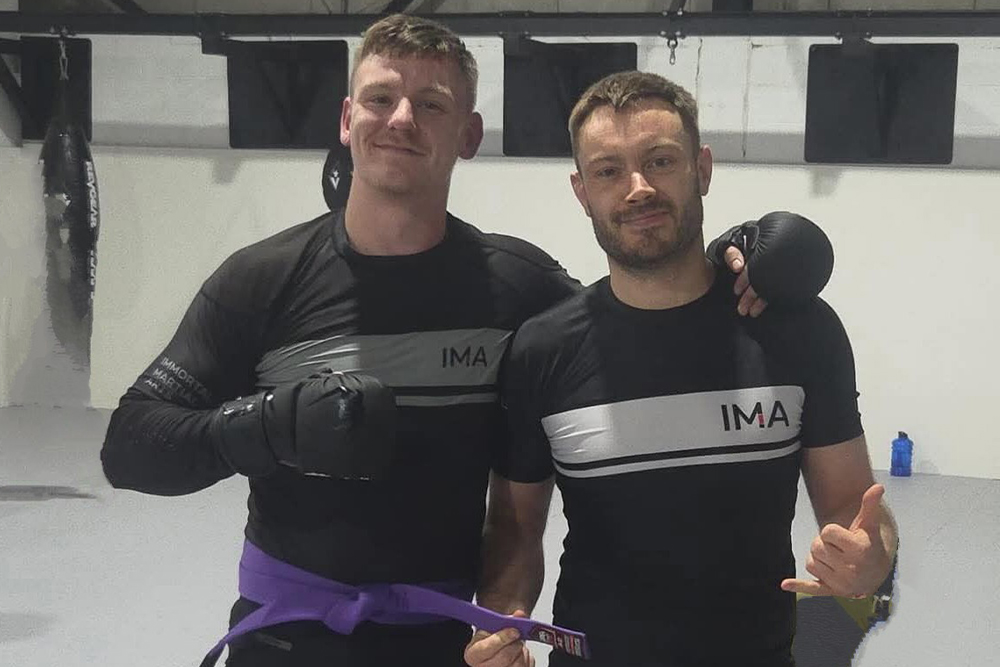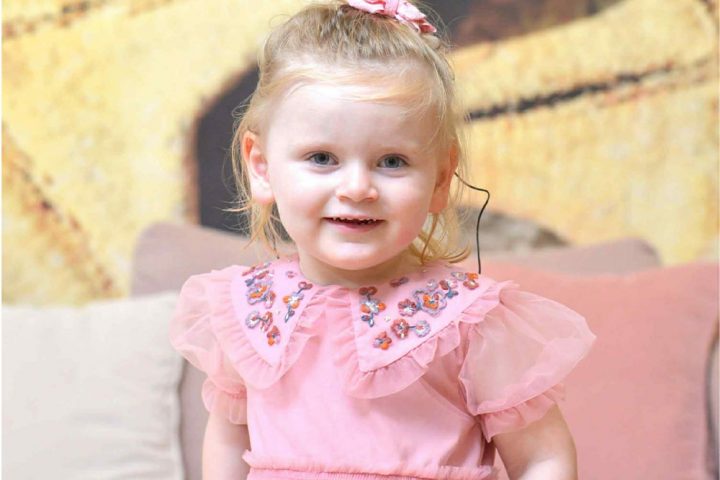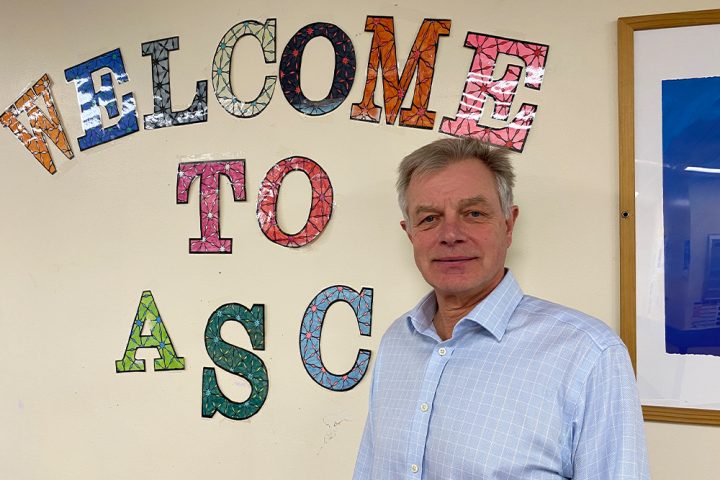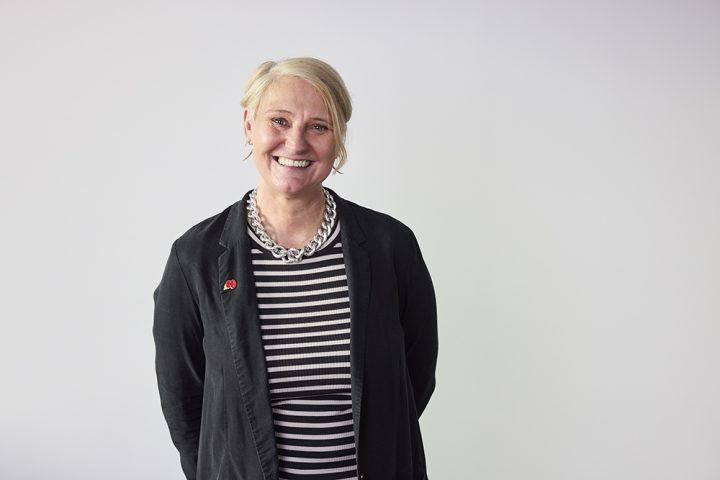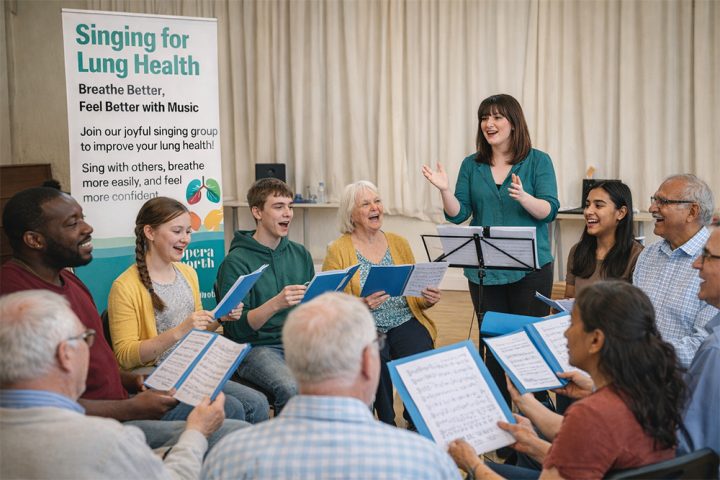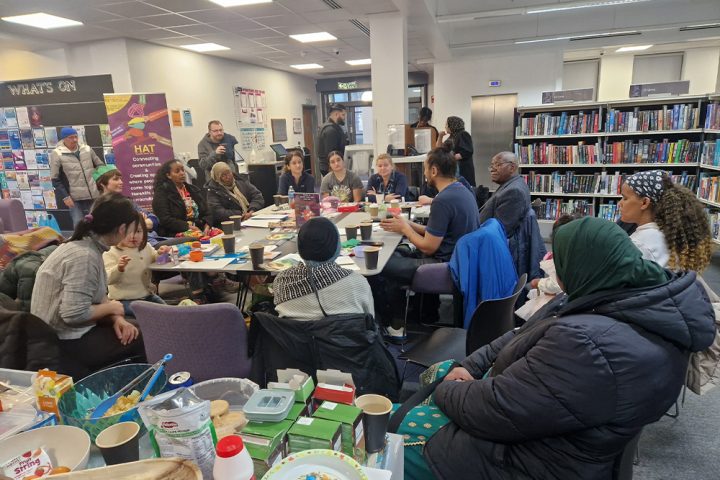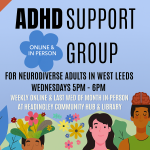John Tudor is a city councillor for the Killingbeck and Seacroft ward in East Leeds and the council’s first neurodiversity champion. He is both autistic and has ADHD, and in this blog, he shares insights from his own experiences and work to raise awareness, promote understanding, and support neurodiverse people across the city.
Just as biodiversity describes the wide variety of life on Earth, neurodiversity recognises the spectrum of brain types, emphasising that it is a difference not a deficit. In the same way that a horse is not better than a zebra, neurodiversity is a natural and valuable part of human diversity that enriches our world.
Conditions such as autism and ADHD are differences in how the brain develops, so people may think and learn in ways that are different from ‘neurotypical’ people. Being neurodiverse (or ‘neuro-spicy’ as some call it) entirely affects how we experience the world, its sensory input, and how we communicate and interact with others.
For many neurodiverse people, the world can be an exhausting and overwhelming place, some or all of the time. Neurodiversity qualifies as a disability, although some prefer to call it a ‘different ability’. Being neurodiverse doesn’t have to limit a person’s life or achievements or stop them from living life to the fullest.
My Role as Neurodiversity Champion
I recently became the council’s first Neurodiversity Champion for Leeds. The unpaid role of the champion is just that: to highlight and champion the subject in our city. There are other Champion roles at the council too, reflecting the various ‘protected characteristics’ in the UK Equality Act, which protects our rights – for example, protecting people’s faith and beliefs, women’s rights, diverse communities, LGBT+ rights, and older people’s rights.
I am both autistic and have ADHD myself, and I believe it’s really important that we do whatever we can to make these often ‘invisible’ disabilities more visible, more understood in the mainstream, and more supported at home, school, and at work.
Understanding Autism and ADHD
It is estimated that at least 1% of the population is autistic and up to 5% has ADHD, but it is likely the percentages are higher, as many, including a lot of older people, are undiagnosed. Low figures are also partly due to autism historically being seen as a childhood condition and gender biases in diagnosis historically meant women and girls were often overlooked.
Neurodivergent people can be marginalised in society, facing barriers in healthcare, employment, education, and housing. Neurodivergent conditions, including autism, ADHD, dyslexia, dyscalculia, and Tourette’s, can make life challenging, but neurodivergence is also
common among many of the most creative and accomplished individuals. For example, Emma Watson, Chris Packham, Mhairi Black, Lucy Bronze, Christine McGuiness, Tylan Grant, and Anthony Hopkins have all publicly spoken about their ADHD or autism.
Common Misconceptions
Autism is widely known but often misunderstood. Many people still have the wrong ideas about autism and ADHD – for example, assuming that everyone on the spectrum has extraordinary talents, when in reality experiences vary greatly.
Autism and ADHD are not disorders, superpowers, the result of bad parenting, nor caused by screens or vaccines, or something that can be “fixed.” They are neurodevelopmental differences for some, not a spectrum that all people are on.
Neither is there ‘an epidemic.’ However, growing awareness in recent years has led to a lot more people being diagnosed or seeking assessment, which is very positive.
Diagnosis and its Importance
Knowledge can be power, and a formal diagnosis can be validating and life-changing. It can provide greater self-understanding and acceptance. The more a person can learn about their condition and manage it, the more they may reduce their own mental and emotional suffering. They can also increase their chances of thriving by adjusting their world to suit their needs.
For some, realising they are autistic or have ADHD is the key that unlocks the world – the ‘lightbulb moment’ – which can come with a complex grief for the life lived without that understanding.
Accessing Support and Assessments
While some people know they can apply for an assessment through the Leeds Autistic Diagnosis Service (LADS), fewer realise that if your GP agrees you would benefit from an assessment, you can ask them for the “Right to Choose” your care provider. A number of NHS approved companies offer NHS-funded assessments and their waiting lists can be shorter.
The pressure to conform
Neurodiverse people often learn to ‘mask.’ Masking includes suppressing their real selves to fit in, pretending to be comfortable, and mimicking neurotypical behaviours. Masking comes at a cost, including exhaustion, burnout, identity crises, and delayed diagnoses. Burnout can happen when individuals cannot maintain the act anymore. Sadly, struggles are very real, and thoughts or acts of self-harm among neurodivergent people are significantly higher than in the neurotypical population.
Strengths and Opportunities
Neurodivergent individuals often bring unique strengths to any setting, including the workplace. Their different ways of thinking can offer fresh perspectives, spark innovative solutions, and enrich discussions and decision-making.
Many neurodivergent people can focus deeply on tasks that interest them, leading to exceptional performance and specialised expertise. In the workplace, employers are improving by offering reasonable adjustments and manager training, but more still needs to be done to help neurodiverse people enter the workforce and make workplaces and interviews truly inclusive.
Local Support and Events in Leeds
Leeds has various services for autistic people, such as Autism AIM, which runs a social session in Chapeltown where people can truly unmask. There are also many peer-led SEND support groups catering to families across the city.
Coming up in October is the brilliant annual AutistiCON event, a free information day with stalls and presentations. This year it will be held on 10th October at the Nexus Building, University of Leeds.
Personal Reflection
Realising that I was neurodiverse in my 40s explained everything. It’s a real privilege for me to be visible as a city councillor who is autistic and has ADHD, and to be able to say I truly understand how hard it can be sometimes. It’s great that the Neurodiversity Champion role has been created because valuing inclusion, our diversity, and also our neurodiversity is so important; understanding and respecting our differences is one of our greatest strengths.
Some Useful Links
- Autisticon event: autisticon.wordpress.com/
- Right to choose: www.clinical-partners.co.uk/nhs-services/
- In person social events: leedsautismaim.org.uk/
- Leeds Autism Services Podcast Archive: www.leedsautism.org.uk/
- ADVONET.org.uk: https://advonet.org.uk/ – provides statutory and community advocacy and related services that promote empowerment and inclusion.
- Leeds ADHD support Groups: https://www.wyadhd.org.uk/
- Small Steps: A Parent Led-support group for kids and parents based in Seacroft – https://connectedseacroft.org/services/small-steps
- ZigZag: Support for parents of children with SEND needs – https://zigzagautismservices.com/
- Mindwell: https://www.mindwell-leeds.org.uk/


